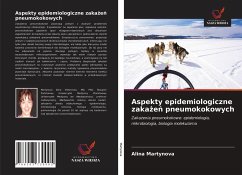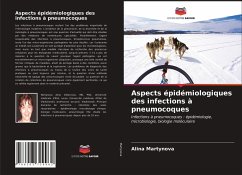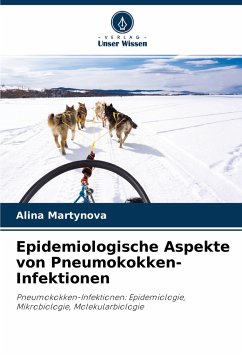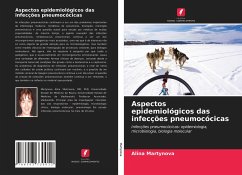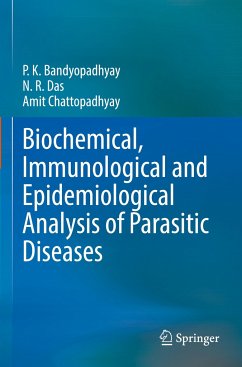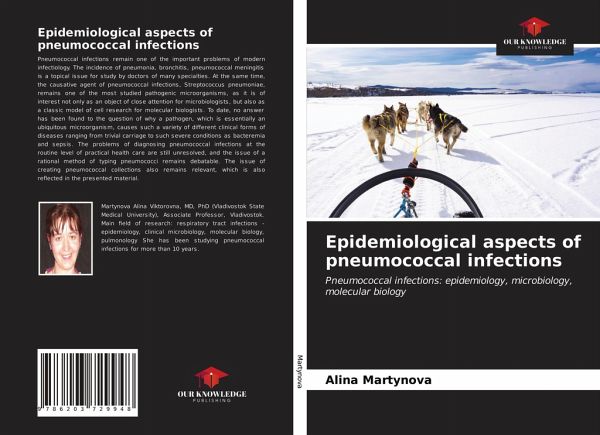
Epidemiological aspects of pneumococcal infections
Pneumococcal infections: epidemiology, microbiology, molecular biology
Versandkostenfrei!
Versandfertig in 6-10 Tagen
39,99 €
inkl. MwSt.

PAYBACK Punkte
20 °P sammeln!
Pneumococcal infections remain one of the important problems of modern infectiology. The incidence of pneumonia, bronchitis, pneumococcal meningitis is a topical issue for study by doctors of many specialties. At the same time, the causative agent of pneumococcal infections, Streptococcus pneumoniae, remains one of the most studied pathogenic microorganisms, as it is of interest not only as an object of close attention for microbiologists, but also as a classic model of cell research for molecular biologists. To date, no answer has been found to the question of why a pathogen, which is essenti...
Pneumococcal infections remain one of the important problems of modern infectiology. The incidence of pneumonia, bronchitis, pneumococcal meningitis is a topical issue for study by doctors of many specialties. At the same time, the causative agent of pneumococcal infections, Streptococcus pneumoniae, remains one of the most studied pathogenic microorganisms, as it is of interest not only as an object of close attention for microbiologists, but also as a classic model of cell research for molecular biologists. To date, no answer has been found to the question of why a pathogen, which is essentially an ubiquitous microorganism, causes such a variety of different clinical forms of diseases ranging from trivial carriage to such severe conditions as bacteremia and sepsis. The problems of diagnosing pneumococcal infections at the routine level of practical health care are still unresolved, and the issue of a rational method of typing pneumococci remains debatable. The issue of creatingpneumococcal collections also remains relevant, which is also reflected in the presented material.



